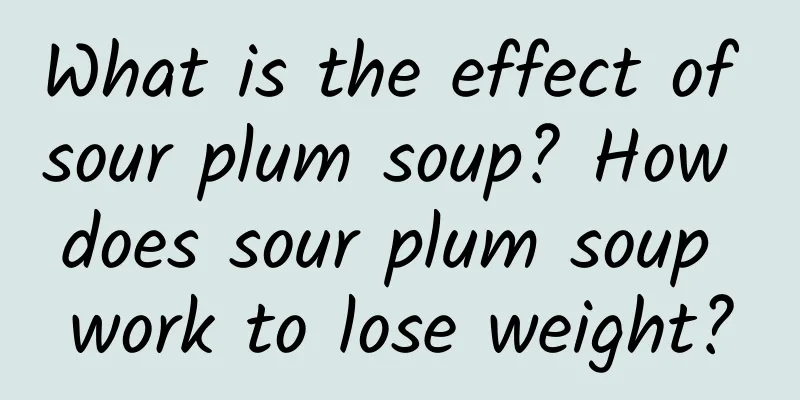"The mechanism is hard to find, the intestinal flora": Intestinal bacteria actually help cancer cells metastasize to the liver

|
Colorectal cancer is now the third most common cancer in the world. Recently, Italian scientists made a new discovery: the most common liver metastasis of colorectal cancer is related to the spread of E. coli colonized in the tumor to the liver, which is the first to "pave the way"! This study found that a specific E. coli C17 can induce damage to the intestinal vascular barrier, allowing intestinal bacteria to cross the barrier and spread to the liver. These bacteria create a suitable "soil" for colorectal cancer liver metastasis. Trying to block this process will help control colorectal cancer metastasis. How to prove that it was induced by this bacteria? Studies have found that the bacteria colonizing the primary and metastatic lesions of colorectal cancer are similar. An analysis of 179 patients with colorectal cancer revealed that in patients with distant metastasis, both cancer cells and normal tissue cells had elevated expression levels of plasma membrane vesicle-associated protein (PV-1), and PV-1 can also predict the risk of recurrence in patients, making it a clinically significant biomarker. The reason why PV-1 is targeted is that it can also indicate that the intestinal vascular barrier is damaged and the permeability is significantly increased. The increase in PV-1 means that intestinal bacteria are more likely to penetrate the barrier and spread. What breaks the intestinal vascular barrier is the special type of E. coli C.17 mentioned above, which colonizes in colorectal cancer. Under a fluorescence microscope, the research team found that patients with colorectal cancer who had higher PV-1 expression had significantly more bacteria in their liver metastases, and that cancer cells also had a stronger ability to proliferate in areas where bacteria gathered. Further animal experiments showed that bacteria that gather in the liver change the gene expression of liver cells, causing these cells to secrete more chemokines and recruit a large number of neutrophils and macrophages. After attracting these cells, the local environment becomes a pro-inflammatory microenvironment that is beneficial to cancer cells, and the soil for promoting metastasis is created. The rest depends on how the bacteria play. The way in which colorectal cancer metastasizes to distant sites with the help of intestinal bacteria may not be limited to the liver; lung metastasis may also have a similar pathway. In the future, using PV-1 to predict patients' risk of liver metastasis and using probiotics to try to repair the intestinal vascular barrier may be helpful in the treatment of colorectal cancer. Bertocchi A, Carloni S, Ravenda PS, et al. Gut vascular barrier impairment leads to intestinal bacteria dissemination and colorectal cancer metastasis to liver[J]. Cancer Cell, 2021. |
>>: What are the tips for buying integrated sinks? What materials are sinks made of?
Recommend
What to do when expressing milk during lactation
Breast health during lactation is very important,...
What is the reason for the dull pain in the left lower abdomen?
It is very common to have abdominal pain in life....
Is the chest-knee position effective in correcting the position of the uterus?
The chest-knee position is a common method to cor...
Say no to influenza, disease control experts give you some advice
The transition from autumn to winter is also the ...
What to do if there is no cooking wine for pickled hairtail fish? What to use instead of cooking wine for pickled hairtail fish?
We all know that hairtail is a common fish food. ...
What are the methods of treating gynecological diseases?
In life, many women are troubled by various gynec...
Why can running treat depression?
In the book "Exercise Changes the Brain"...
What to eat to help expel lochia
After a normal birth, there will be some residue ...
How can a 44-year-old woman maintain her ovaries?
We now pay special attention to the maintenance o...
What is the normal oral temperature for pregnant women?
The physical condition of pregnant women is of gr...
What causes women's body heat?
The problem of body heat is most likely to occur ...
Symptoms and treatment of menopausal depression
As for female menopause, it usually occurs betwee...
Can pelvic cancer metastasize?
Pelvic cancer is a common and frequently occurrin...
What does Yunnan Baiyao Capsule treat? How effective is Yunnan Baiyao Capsule in stopping bleeding?
Yunnan Baiyao is a must-have medicine for home an...
What should women do if they have too much moisture in their body?
Today, our ever-accelerating pace of life always ...









